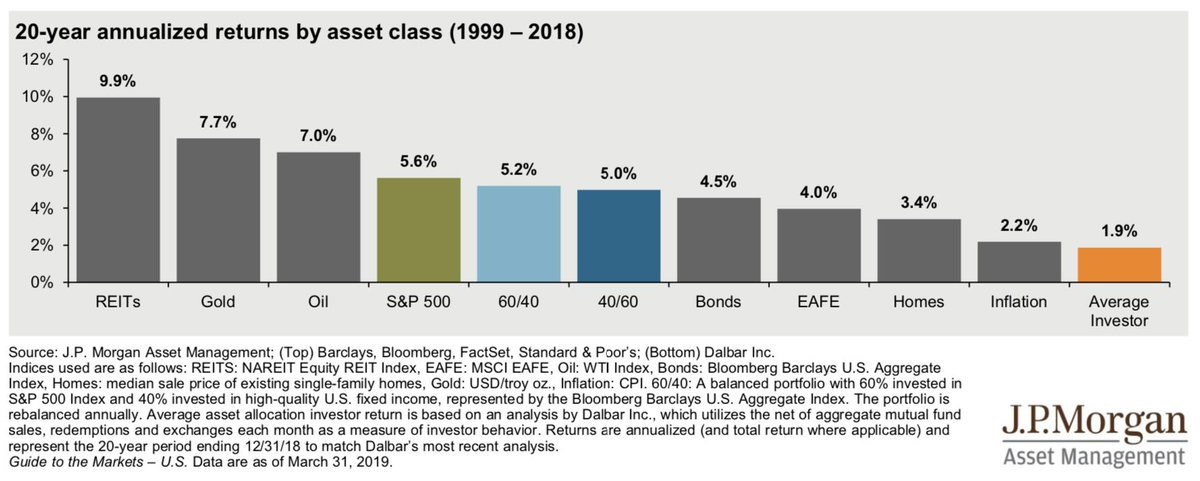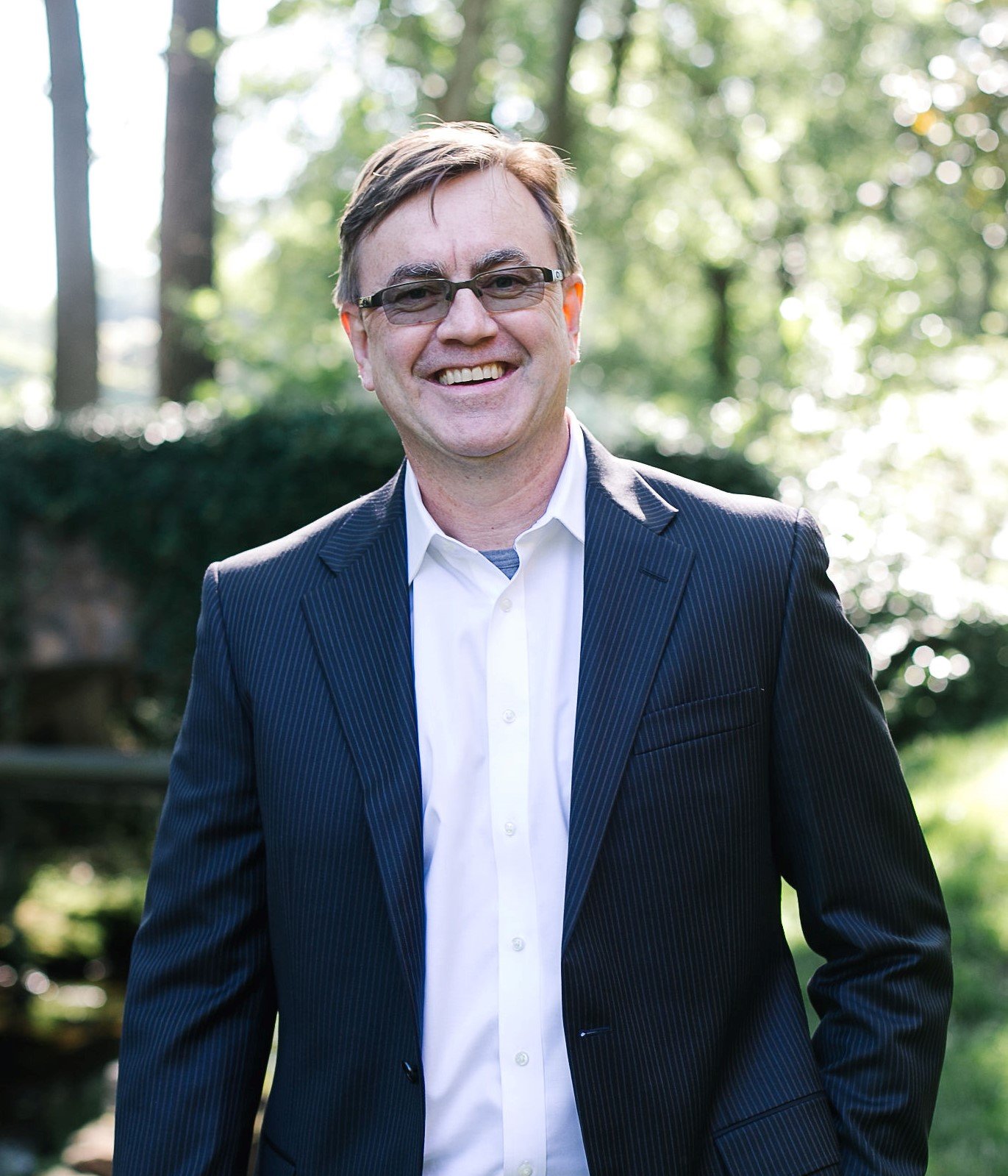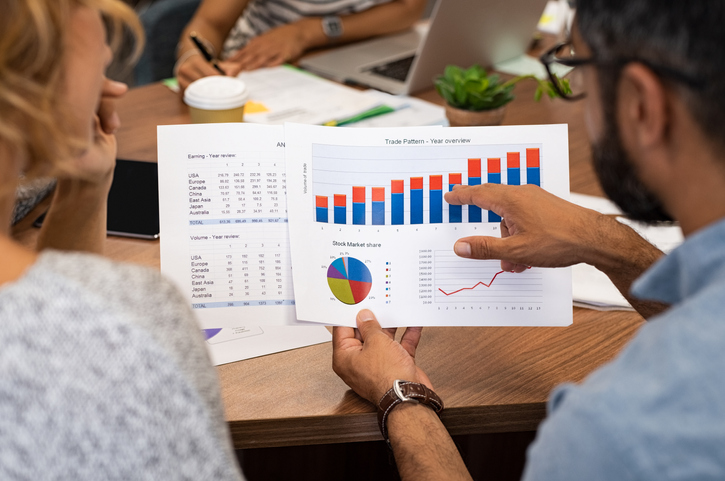Global View Investment Blog
What World Class Investing Looks like and Where to Find It
In Short
At our recent Global View client appreciation event, two portfolio managers explained why they favor investing overseas. It’s because the U.S. market is overvalued, and there are many more opportunities overseas. There are 60,000 companies globally; less than 4,000 in the U.S. Global markets offer a bigger pond and more appealing fish.
Abhay Desphande from Centerstone and Zach Larkin from Grandeur Peak spoke at our event. As portfolio managers, they explained their rationalization for owning stocks outside the U.S. They gave concrete examples how the market gets prices wrong (and why you shouldn't index).
They find compelling opportunities making comparisons across borders. You can’t unhear these stories. Once heard, it’s impossible to believe in completely efficient markets or index investing. But few investors get to hear this. It’s why I’m no longer surprised the overwhelming majority of assets our new clients own are in the U.S. Or why they are happy to allocate more overseas after we talk.
Ready to discuss your financial plan? Contact Global View to see how we can help.
More Detail
We work with the best portfolio managers in the world and were privileged to have two speak to our clients last week. A portfolio manager is responsible for buying, holding and selling securities (they run mutual funds). It’s our job to find the best portfolio managers, because our clients don’t want to lose money they can’t make back. Here’s a refresher: How We Hire and Fire Portfolio Managers.
We like these portfolio managers because they have excellent track records. And because they take fiduciary loyalty seriously. They know what happens when a mutual fund gets too large. It gets too large because the firm puts its own shareholders’ interests (people who own the company) in front of its clients’ interests. They know clients suffer. It’s why they have agreed to cap the size of their funds.
Abhay Deshpande of Centerstone and Zach Larkin of Grandeur Peak and Rondure learned from the best. Abhay spent years working with the legendary investor Jean-Marie Eveillard. Jean-Marie has one of the best risk-reward track records of any manager in the business. Unfortunately, as time passes, good funds get larger. This means it’s more important to find an excellent manager, doing the right thing, than to find a fund that used to be excellent. The problem is everyone looks just at the fund track record. But the fund might be too large now. Zach works under the tutelage of Robert Gardiner, whose track record in the microcap fund at Wasatch was the best of any public fund we analyzed, and whose funds have consistently beat their benchmarks with lower risk.
Prior to the presentation, I got excellent questions, which I relayed to the portfolio managers. One question had to do with the risks of international investing. Here were the answers:
Abhay: For most of the U.S. history, it has been the world’s leader when it comes to corporate governance, shareholder protection, property rights and innovation. Developing non-U.S. economies have largely caught up. Now, much of developing Asian market economies are closing the gap. This means it’s harder to justify valuation gaps based on historic reasons. And it conflicts with the wide gap between U.S. and non-U.S. valuations (which are much lower). In other words, you “have to skate where the puck will be.”
Abhay mentioned European companies that sell overseas. They don’t just rely on the European Union for revenue. He also said odds of another synchronized global recession are low. Parts of the world are growing, parts slowing down. That’s more likely to continue than a crashing economy.
Here’s Abhay’s latest newsletter.
Zach: There are more than 60,000 companies in the world; less than 4,000 in the U.S. Looking around the world gives a much bigger pond to fish from. For example, 7-Eleven Philippines is a place where Philippians get more than Slurpees. What’s interesting about the company is that it already has a 64 percent market share, with the second competitor having 13 percent. He compared this to a similar company in Thailand because Thailand just went through a similar growth phase. We can reasonably expect this kind of growth will happen next in the Philippines. Philippines just crossed $3,000 GDP per capita, a point where countries breakthrough in consumption. Thailand is already at $6,600. So, it’s good to compare how 7-Eleven Philippines might grow. The chart below illustrates how this 7-Eleven might reasonably expect to be a ten bagger (or more):

Here are some references:
Grandeur Peak and Rondure Partnership Announcement
Centerstone, Rondure and Grandeur Peak are all small funds. We have found, that all else equal, these funds offer a better risk/reward. The larger funds get, all equal, the riskier they get.
And here's another reference: “Obese” Funds Cost More than Their Fees
. If you want to invest in the “stock market,” it’s practically “free.” There are hundreds of low-cost exchange traded funds and index mutual funds with fees less than 0.1 percent per annum. The problem with them is they invest more in higher price stocks than lower priced ones. Which means they are volatile. When things get volatile, human beings chase performance to the up and get scared and sell on the way down. This causes loses that is not made back.
Investors are terrible. As this chart shows, the average investor made less than 2 percent p.a. for the last 20 years (when the broad stock market made 5.6 percent p.a.).

I wrote this blog to address this problem and why we avoid broad market indexes (most of the time): Not Understanding Securities and How Returns are Generated.
And I wrote this one on why investors make mistakes (and do this – hint it’s not their humans, it’s their chimps): Five Ways Investors Sabotage Themselves.
The U.S. is about 24 percent of the total world economy (GDP). But the value of its stocks in the MSCI world index are now 56 percent. That means U.S. stocks represent only one-quarter of the world economy but more than half of the world market capitalization. This valuation disparity could go away several ways. International stocks could double while U.S. stayed the same. Or U.S. stocks could fall in half and international stocks could stay the same. It’s probably going to just be that international stocks rise more than U.S. stocks slowly over the next several years.
That’s why credible analysts, like the Morningstar stock team, forecast much higher returns for international stocks over U.S. stocks. But that’s not why the global portfolio managers we hire typically have two-thirds of their money overseas. It’s because they find better deals, in a bigger global pond.

Written by Ken Moore
Ken’s focus is on investment strategy, research and analysis as well as financial planning strategy. Ken plays the lead role of our team identifying investments that fit the philosophy of the Global View approach. He is a strict adherent to Margin of Safety investment principles and has a strong belief in the power of business cycles. On a personal note, Ken was born in 1964 in Lexington Virginia, has been married since 1991. Immediately before locating to Greenville in 1997, Ken lived in New York City.
Are you on track for the future you want?
Schedule a free, no-strings-attached portfolio review today.
Talk With Us






